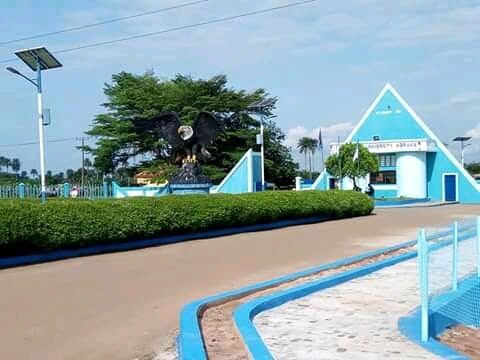Petroleum Engineering is the practical application of the basic sciences of physics, chemistry, mathematics and geology, and all the Engineering sciences to the development, recovery and processing of petroleum.
Engineering problems must be solved with due consideration to economic factors, and the petroleum engineer must be thoroughly familiar with the basic economic relationships which involve investment, operating expenses, taxation and profitability analysis.
If you are interested in becoming involved in solving today’s energy problems, then consider a career in Petroleum Engineering where initiatives and engineering skills of the highest order are essential, but equally important is the ability of the petroleum engineer to work harmoniously with his or her associates.
In petroleum development, the petroleum engineer supervises the drilling of wells and their completion if oil or gas is discovered. In the recovery of crude oil and natural gas, petroleum engineers aim toward:
- Controlling and efficiently using the natural energy in an underground reservoir Providing additional energy by injecting fluids into the reservoir;
- Increasing the flow capacity of the reservoir or the petroleum in it through sound engineering techniques;
- Reducing the cost of oil and gas recovery;
- and Minimizing waste and protecting the environment Compared with other branches of engineering
Petroleum Engineering is a relatively new professional field. However, because of the rapidly increasing demand for oil and gas and the advances of petroleum technology, it has attained an important position.
The unique problems of the oil and gas industry have stimulated the demand for men and women trained in such specialties as reservoir engineering, production engineering, drilling engineering, natural gas engineering, and economics.
Since the petroleum industry is expanding rapidly in many parts of the world, ample opportunities for travel and for advancement of positions of high salaries and marked responsibilities is to be found in the profession.
Petroleum Engineering Department admitted its first batch of undergraduate students in the 1979/80 session. Over the years, students’ population has grown steadily; many of them have graduated with very impressive degree classes, including the 1st class honors category.
Many of these graduates are working with some of the key industries around Delta and beyond. We note with pride that many of our graduates have excelled at their places of work, particularly those in the oil sector.
The Department, having consolidated the undergraduate programme, now offers Post Graduate Diploma in Petroleum Engineering, Master of Engineering and PhD Degree Programmes.
Philosophy and Objectives
The philosophy is to produce a well-balanced Petroleum/Gas Engineers. The objectives are:
- That the product of the programme should be a competent Petroleum/Gas Engineer, but an expert in one of the specializations in the discipline.
- That the product of the programme should be confident enough to establish a small engineering business if ready –made jobs are not available.
- Finally that the product of the programme can pursue a post-graduate programme in one of the areas in Petroleum/Chemical Engineering.
Admission Requirements
Candidates applying to the undergraduate programme in Petroleum/Chemical Engineering should have five credit pass in Chemistry, Physics, Mathematics, English language and Biology (or Agricultural science) at WAEC and/or NECO at not more than two sittings.
Candidates are also expected to have a minimum score of 200 out of 400 in both the UME and Post UME before they can be admitted into the departments
Petroleum &Chemical Engineering Programme Structure
The programme structure in Petroleum/Chemical Engineering requires five academic calendar years (of ten semesters) of which nine of the ten semesters are actually used for formal class room/laboratory studies.
One semester (in the fourth year) and the two long vacations (at the end of second and third and year) are used for industrial training.
At the fifth year of studies, students are assigned research project topics and design project topics which they are expected to defend at the end of the tenth semester under an external examiner not below the rank of a Professor.
CURRICULUM/Course Structure and Course Schedule
The Department runs a five-year undergraduate programme leading to the award of a Bachelors Degree in Petroleum and Chemical Engineering (B. ENG.).
Generally, the programme can be divided into two broad areas:- Basic Engineering Courses and Core Engineering Courses
• Basic-Engineering Courses: This covers courses taken in years one and two. These are general foundation courses for all engineering disciplines.
This programme is dominated by common Science, General Studies and Engineering courses required by all engineering students.
• Core Engineering Courses: This covers courses taken from year three to year five. The courses taken at this level are professional engineering courses mainly from within the Faculty of Engineering.
Apart from these, the students undertake 3-month industrial training at the end of their year three and 6 months industrial training in the second semester of year 4.
During the industrial training period, the students are supervised by both lecturers and industry-based supervisors Details on the individual Programmes of study/course schedule and course descriptions, are presented below. The Faculty common courses denoted as ENG courses, the General Studies courses (denoted as GES courses), and the Science courses (denoted as CHM for Chemistry; MTH for Mathematics; and PHY for Physics). The departmental course codes are PNG for Petroleum and GNG for Gas Engineering respectively.
Click on page 2 below to continue Reading!!




